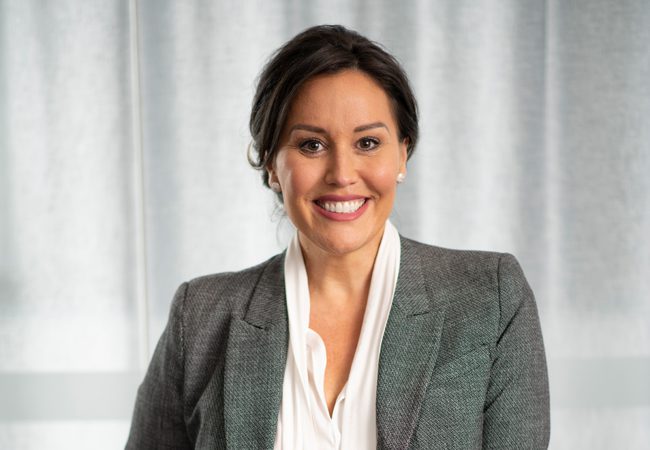The Family Law Act recognises that this is the reality for many people and its intention is to ensure that, taking into account all of the considerations, the final distribution of your property pool is ‘just and equitable’.
The Court has held that ‘in most cases the most valuable ‘asset’ which a party can take out of a marriage is a substantial, reliable, income earning capacity’, which is great news if you’re a high-income earner, but what happens if you’re not?
Future Needs
When making a determination about property adjustment the Court must consider the ‘future needs’ of the parties. Future needs factors include, but are not limited to, the health of the parties; whether or not a party has the care of a child under the age of 18; and the earning capacity of each party.
Real Impact & Earning Capacity
In the matter of Clauson and Clauson, which was a matter in which one party had a significantly higher income earning capacity than the other, the full Court held that “it is the real impact in money terms which is ultimately the critical issue”.
This principle has been well accepted in subsequent judgments with the practical effect being that there have been a number of cases in which the Court has made a far greater adjustment for ‘future needs’ in the favour of the financially disadvantaged party than is otherwise common. Essentially the Court recognises that it must look beyond the percentages and focus on “the real impact, in money terms, as the critical issue in the case”.
Depending on your circumstances, this could mean that the Court may make a larger percentage adjustment in your favour when making an assessment about your future needs factors, therefore enabling you and your ex-partner to exit the financial relationship on an even playing field.
Spousal Maintenance and Interim Property Applications
Of course, you don’t necessarily need to wait until a final settlement or determination about your property matter in order to get access to the property pool. Depending on your circumstances, you may be entitled to spousal maintenance and/or an interim property settlement.
In our next article we will discuss Spousal Maintenance and Interim Property applications. However, if you would like some advice as to whether or not you may be entitled to spousal maintenance and/or an interim property settlement, please do not hesitate to make an appointment with one of our Solicitors.



















